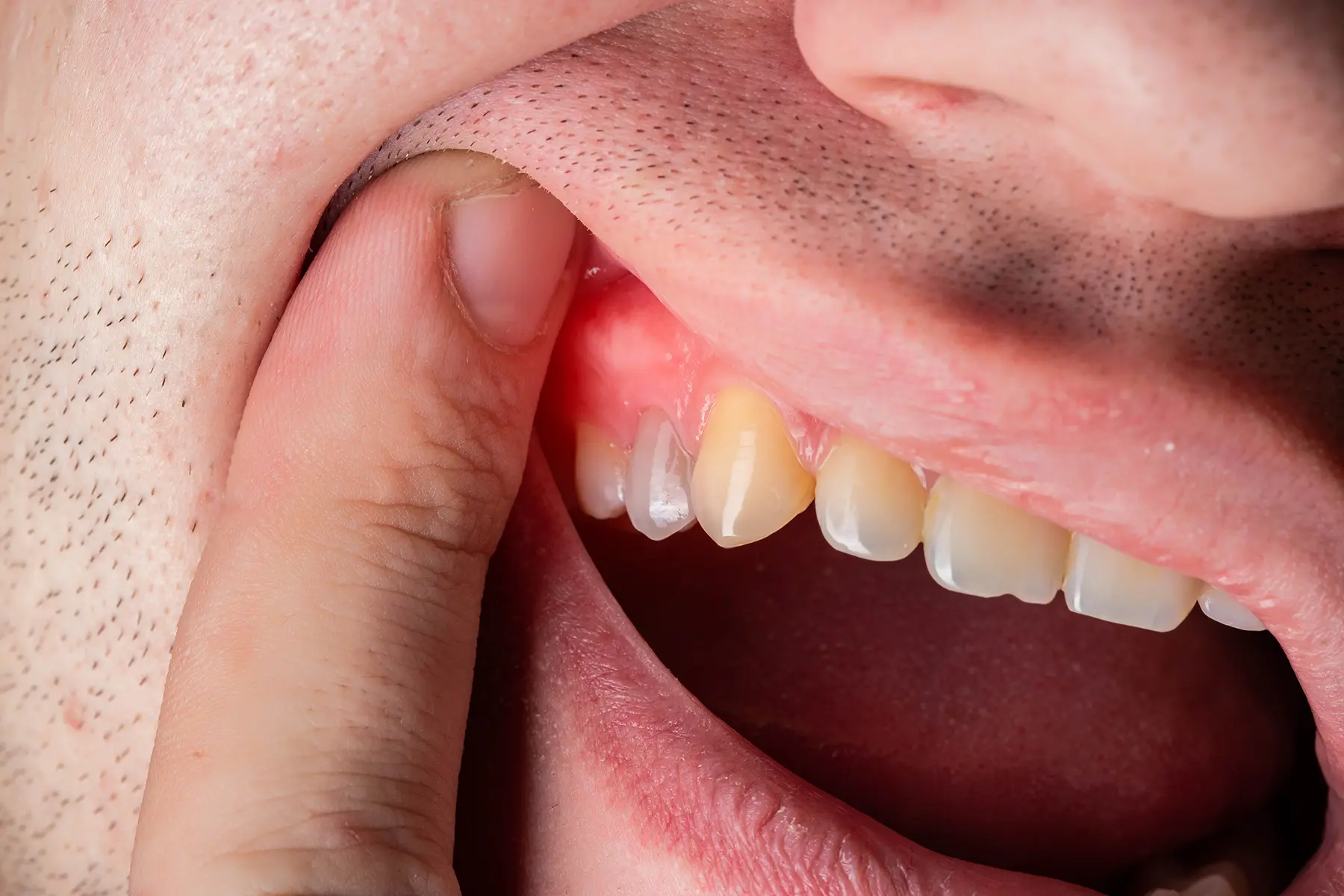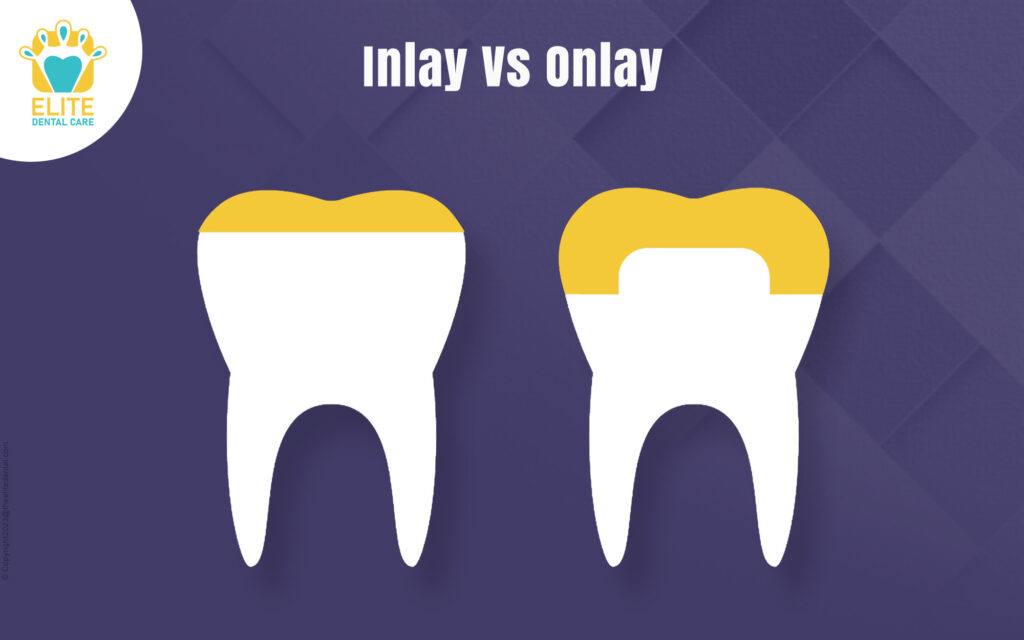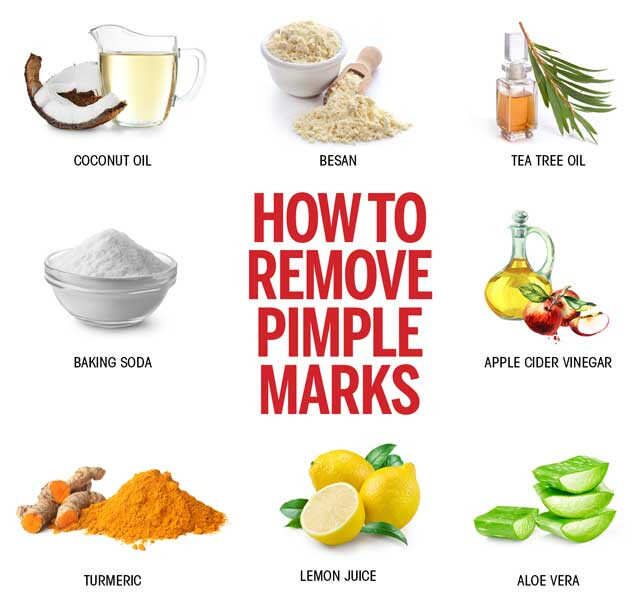Mouth Wash For Tooth Infection

Tooth infections, also known as dental abscesses, are painful and potentially serious conditions that occur when bacteria invade the pulp of a tooth or the gum tissue surrounding it. While mouthwash can be a valuable adjunct to other treatments, it is essential to understand its role in managing tooth infections and how to choose the right one.
A tooth infection typically results from poor oral hygiene, allowing bacteria to accumulate and form plaque, which can lead to cavities or gum disease. If left untreated, the infection can spread to other parts of the face, including the sinuses, jawbone, and even the brain, leading to severe complications. Symptoms of a tooth infection may include a severe toothache, sensitivity to temperature, swelling of the face or cheek, and pus or discharge from the infected tooth.
Using a mouthwash as part of your oral hygiene routine can help prevent tooth infections by reducing bacteria in the mouth. However, for an active infection, a mouthwash should be used under the guidance of a dentist, as it may not be enough to treat the infection on its own. A dentist may prescribe antibiotics or recommend a root canal to treat the infection.
When selecting a mouthwash for a tooth infection, look for one that contains ingredients proven to be effective against bacteria and plaque. Chlorhexidine is a common ingredient in mouthwashes used for its antibacterial properties. It can help reduce the bacterial load in the mouth, which is crucial in managing a tooth infection. Hydrogen peroxide is another ingredient found in some mouthwashes that has antibacterial properties. However, it’s essential to use it at the correct concentration, as high concentrations can be harmful to the gums and other oral tissues.
In addition to using a mouthwash, maintaining good oral hygiene is crucial. This includes brushing your teeth at least twice a day with a fluoride toothpaste and cleaning between your teeth once a day with floss or an interdental cleaner. Regular dental check-ups are also vital for early detection and treatment of any oral health issues, including tooth infections.
Despite the benefits of mouthwash, there are limitations and potential risks to consider. Some mouthwashes can stain teeth, especially those containing chlorhexidine, and may not be suitable for everyone, especially children and people with certain health conditions. Additionally, relying solely on mouthwash for treatment can delay seeking proper dental care, potentially leading to more severe complications.
It’s also worth noting that not all mouthwashes are created equal. The American Dental Association (ADA) Seal of Acceptance is a mark of safety and effectiveness that can help guide your choice. Mouthwashes with this seal have been tested for their safety and efficacy.
In conclusion, while mouthwash can be a helpful tool in preventing and managing tooth infections, it should be used as part of a comprehensive oral hygiene routine and under the guidance of a dental professional for active infections. By understanding the causes of tooth infections, the role of mouthwash in prevention and treatment, and how to select the right mouthwash, individuals can better navigate the complex world of oral health and make informed decisions about their care.
Practical Application Guide: Using Mouthwash for Tooth Infection Prevention
- Choose the Right Mouthwash: Look for a mouthwash with the ADA Seal of Acceptance that contains chlorhexidine or hydrogen peroxide.
- Follow Instructions: Use the mouthwash as directed, usually swishing it around your mouth for 30 seconds to 1 minute before spitting it out.
- Maintain Good Oral Hygiene: Brush your teeth at least twice a day and clean between your teeth once a day.
- Visit Your Dentist Regularly: Regular check-ups can help catch any oral health issues early, including tooth infections.
- Monitor for Symptoms: Be aware of symptoms of tooth infections, such as severe toothaches or swelling, and seek dental care promptly if you experience any.
FAQ Section
Can mouthwash alone treat a tooth infection?
+No, while mouthwash can help reduce bacteria and prevent infections, it is not enough to treat an active tooth infection. A dentist may prescribe antibiotics or recommend a root canal.
What ingredients should I look for in a mouthwash for a tooth infection?
+Ingredients like chlorhexidine and hydrogen peroxide have antibacterial properties that can help manage a tooth infection. However, always follow the instructions and consider consulting with a dentist.
How often should I use mouthwash to prevent tooth infections?
+Typically, using mouthwash once or twice a day as part of your oral hygiene routine can help prevent tooth infections. However, the frequency may vary depending on your specific oral health needs and the advice of your dentist.
In managing tooth infections, a comprehensive approach that includes good oral hygiene practices, regular dental check-ups, and the guided use of mouthwash can help prevent complications and promote overall oral health. By understanding the role of mouthwash and how to integrate it into your routine effectively, you can take a proactive stance against tooth infections and their potential impacts on your quality of life.


